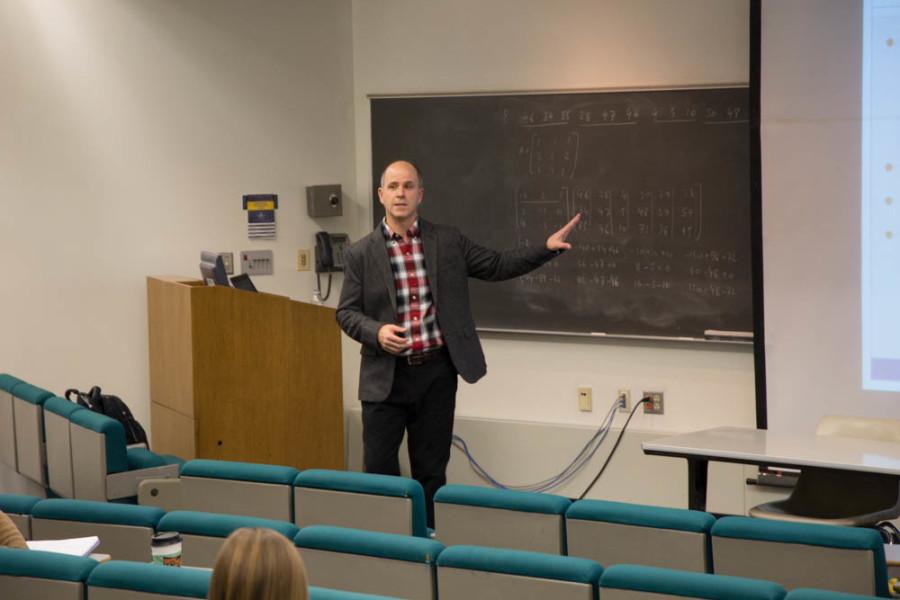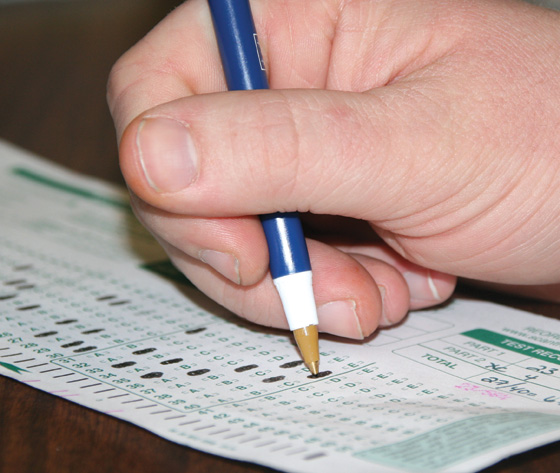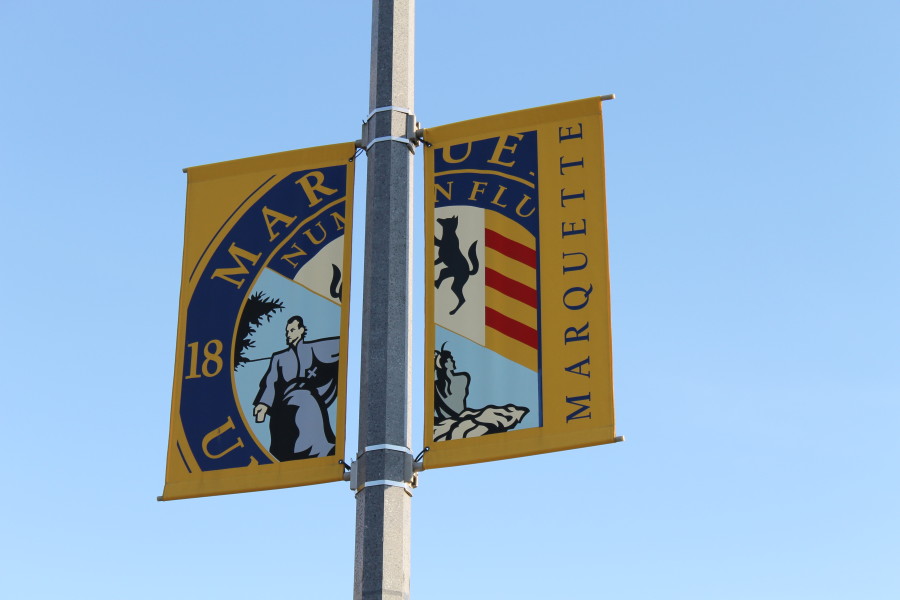 The Marquette Academic Integrity Steering Committee, a joint subcommittee of the Board of Undergraduate Studies and the Board of Graduate Studies, began work to establish a formal honor system for all university students. The subcommittee hopes to establish a formal honor code and honor council with “significant student participation” to review cases of academic dishonesty.
The Marquette Academic Integrity Steering Committee, a joint subcommittee of the Board of Undergraduate Studies and the Board of Graduate Studies, began work to establish a formal honor system for all university students. The subcommittee hopes to establish a formal honor code and honor council with “significant student participation” to review cases of academic dishonesty.
“I think that the meaning and importance of academic integrity could hold a more central place in the Marquette community,” said Peter Toumanoff, professor of economics and chair of the Academic Integrity Steering Committee. “Our initiative is aimed at every member of the university, including students, faculty and administration. An honor code is one component of a multi-pronged effort to raise the concept of academic integrity as an important part of personal integrity, which is and should be considered cura personalis.”
The Academic Integrity Steering Committee established several task forces to address the issues within academic integrity.
The collective group of students working on the honor code and policies and procedures task groups is called the Academic Integrity Work Group, according to Alex Lahr, a senior in the College of Communication, the Vice President of Marquette Student Government Communication and a member of the group. They began meeting last semester and reviewed academic honor policies from multiple sources, including Marquette, the International Center for Academic Integrity and the Georgetown University Undergraduate Honor Council.
Marquette’s academic honesty policy addresses the issue of cheating by students and defines the responsibilities of students and faculty to combat academic dishonesty. However, a 2011 Academic Integrity Subcommittee review found that “The current academic honesty policy at Marquette is insufficient to accomplish the aims and purposes envisioned” by the subcommittee.
“The vagueness of the policy itself really doesn’t state what’s not accepted, what is accepted and doesn’t really set a whole lot of guidelines for how students should behave,” Lahr said.
One model the work group looked at, sponsored by the International Center for Academic Integrity, was produced by Gary Pavela, the director for judicial programs at the University of Maryland at College Park. The Pavela model puts forth strict definitions of what constitutes academic dishonesty. It requires a signed honor statement from each student. It also provides for an honor council to review alleged academic dishonesty.
The Georgetown Undergraduate Honor Council’s model is another that the work group examined in writing its policy. The Georgetown model follows Pavela’s in that it clearly defines what standard of behavior is expected from its students. The Georgetown policy also provides for an honor council made up of students and faculty members, which adjudicates on all cases of alleged undergraduate academic dishonesty. Georgetown students must also sign an honor pledge.
In a May Academic Integrity Steering Committee report, the work group said they would like to adopt a similar honor code, which combines clearly defined standards of behavior with a written or signed pledge and a student-based honor council to review all cases of academic dishonesty.
Lahr said the Task Force on Honor Codes has split into two smaller task forces. One, which Lahr is a part of, is responsible for writing the honor code and pledge, while the other is responsible for writing the policies and procedures. Both task forces are meeting independently for the time being.
The work group hopes to have a first draft of each completed by Thanksgiving. After the holiday break, both the code and the policies will go to the Division of Student Affairs to be reviewed. The group will reconvene in the beginning of the spring semester to go over the finished product once again. The group hopes to have the actual policies in place by fall 2014.





